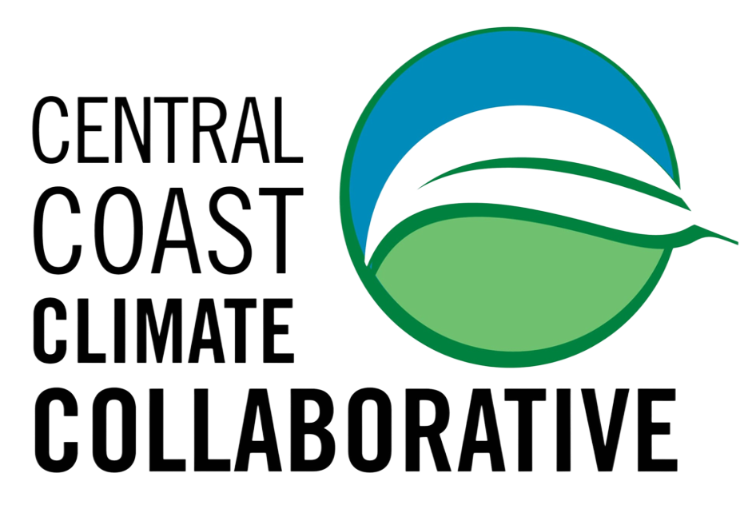Welcome to the Central Coast Community Resilience Hubs Toolkit
Your step-by-step guide to Community Resilience Hub planning
The Central Coast Community Resilience Hubs Toolkit is designed to help local leaders and organizations take practical steps towards creating Community Resilience Hubs.
The Toolkit offers an introduction to Community Resilience Hubs, step-by-step guidance organized into five Modules, a library of helpful materials and Central Coast-specific resources, and opportunities to receive no-cost technical support. The guidance provided aims to support the planning and development of Community Resilience Hubs that reflect the unique strengths and needs of the communities they intend to serve. The Central Coast Climate Collaborative (4C) developed this toolkit in recognition of the valuable role of Community Resilience Hubs in the face of more frequent and severe heat waves, flood events, wildfires, and other climate change disasters.
We envision a robust network of community-driven Community Resilience Hubs throughout the Central Coast region and welcome you to join us in turning this vision into our shared reality.
What are Community Resilience Hubs?
Community Resilience Hubs are trusted community spaces–like libraries, schools, and community centers–equipped to support residents before, during, and after emergencies.
Toolkit Modules
The Toolkit is organized into five key modules to support Community Resilience Hub development. Each module can be completed individually or alongside others, depending on your organization’s needs and capacity.
Featured Resources
Resource Library
The Toolkit includes a robust Resources Library featuring a variety of available resources to help you establish your Community Resilience Hub and ensure your community is better prepared for the next emergency. The Resource Library includes recommended tools, guides, and templates to review, as well as organizations to connect with, to supplement the guidance outlined in the Toolkit.
We’re here to support you, every step of the way.
4C remains committed to supporting organizations across the Central Coast region in developing, implementing, and operating Community Resilience Hubs. We invite you to explore the Toolkit and reach out to us at any time if you have any questions or support needs we can help to address. We also welcome recommendations for Toolkit improvements to ensure it remains a relevant, practical, and evolving resource for our region.


